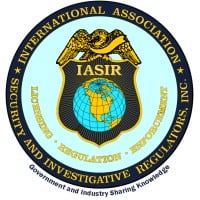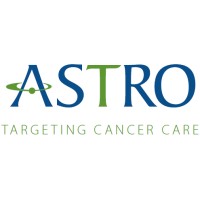
International Association of Security and Investigative Regulators (IASIR)
In the spring of 1993, 15 private security and investigative regulators met in Orlando, Florida. They represented the states of Florida, Georgia, Louisiana, Mississippi, North Carolina, South Carolina and Tennessee. This farsighted group realized the need to unite for the purpose of sharing information. They agreed that by joining hands, they could enhance their ability to regulate and assist in promoting the professionalism of the private security, private investigative, alarm and related industries. The National Association of Security and Investigative Regulators (NASIR) was founded that year. In order to accomplish its mission, the association established these goals: Enhancing applicant processing and records management Advocating for expedient background investigation and fingerprint processing Disseminating information on insurance/bonds Keeping abreast of and sharing information about new licensing technology Promoting effective state regulation and enforcement Assisting in education and training standards Eliminating unlicensed activity Developing harmony between law enforcement and the regulated industries Influencing federal legislation Formulating model laws and regulations Assisting states in developing and enforcing laws and regulations Encouraging reciprocity between states Providing training and education opportunities for state regulators In late 2001, the national association became the International Association of Security and Investigative Regulators (IASIR) to better reflect its increasing influence throughout the US, Canada and other parts of the world. The membership has now grown to include 32 regulatory agencies or boards in 20 states, seven Canadian provinces, and France. In addition, there are 38 non-voting associate memberships representing the industries regulated. Non-member agencies in jurisdictions that regulate these industries are urged to unite with IASIR members to accomplish these important goals






